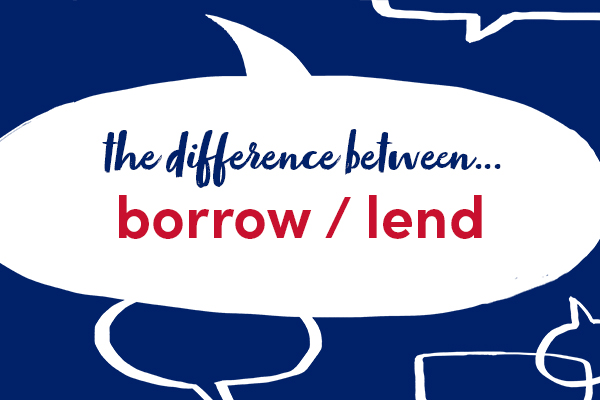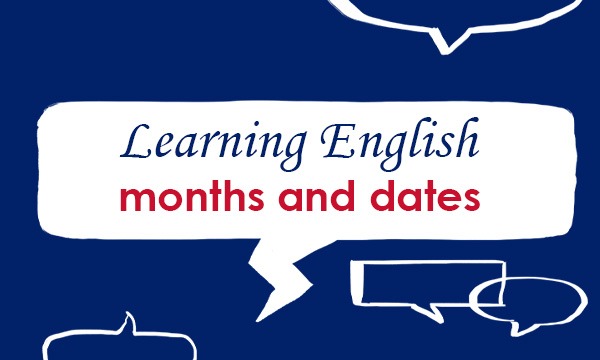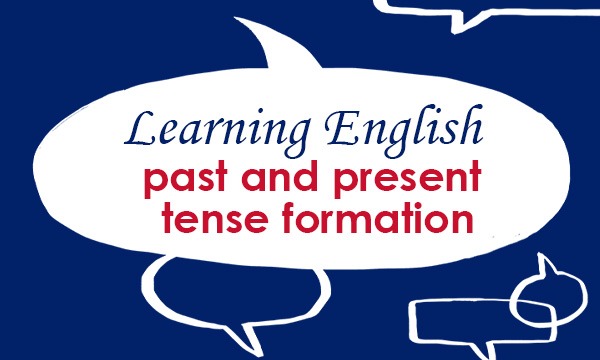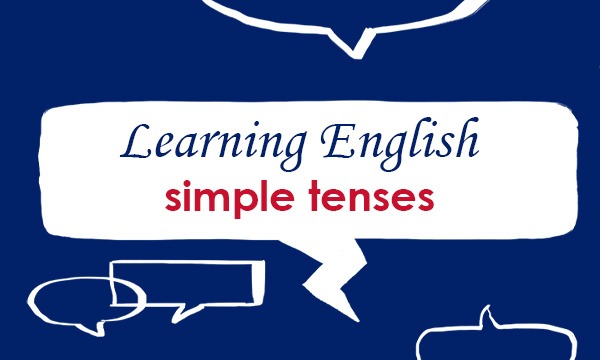This week we are looking at two words which are sometimes confused: borrow and lend.
borrow

If you borrow something that belongs to someone else, you use it for a period of time and then return it.
Could I borrow your car?
I borrowed this book from the library.
You don’t usually talk about borrowing things that can’t move. Don’t say, for example, ‘Can I borrow your garage next week?’ You use the verb ‘use’ instead.
Your can use our washing machine while yours is broken.
lend

If you lend something you own to someone else, you allow them to have it or use it for a period of time. The past tense form and past participle of lend is lent.
I lent her £50.
Would you lend me your calculator?
As with ‘borrow’, you don’t usually talk about lending things that can’t move. Again, you would use the verb ‘use’ instead.She brought them mugs of coffee and let them use her bath.
Find out more in our English Usage article.
This blogpost is based on Collins COBUILD English Usage, written for learners of English. For more examples of English usage points, please visit: https://grammar.collinsdictionary.com/english-usage.
All opinions expressed on this blog are those of the individual writers, and do not necessarily reflect the opinions or policies of Collins, or its parent company, HarperCollins.



